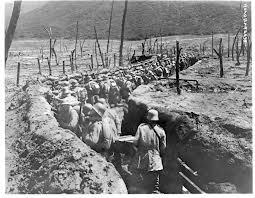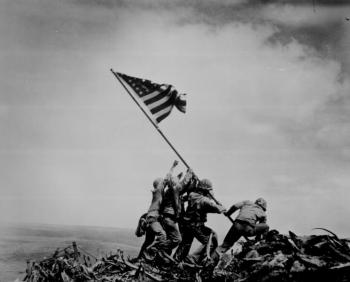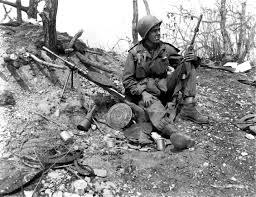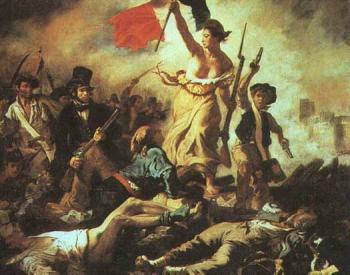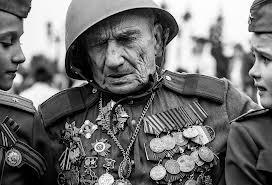War Studies is the academic study of human conflict in its entire military, diplomatic, social, political, psychological, and economic dimensions. War studies considers issues of defense policy, strategic planning, logistics, and operations.
Before the 20th century, only 10 to 15 percent of people killed in wars were civilians. During World War Two, more than 50 percent of those killed were civilians.¹ By the end of the 20th century, the number of civilians killed in war has risen to more than 75 percent of all casualties.¹
The wars in Afghanistan and Iraq have highlighted the need for a better understanding of the nature and politics of warfare and the role of the armed forces in maintaining peace and security.
“Throughout history, warfare has been a violent catalyst for political, economic, social, cultural and technological change, and it is these changes that are often the focus of war studies”.¹
Some job possibilities for students who study war are careers in the armed forces, intelligence services, diplomatic corps, foreign government offices, and the civil service.¹ Others who study war have gone into journalism, media, commerce, banking, teaching, and museum management.¹
Reference:
1. http://www.thecompleteuniversityguide.co.uk/courses/options/war-studies/

